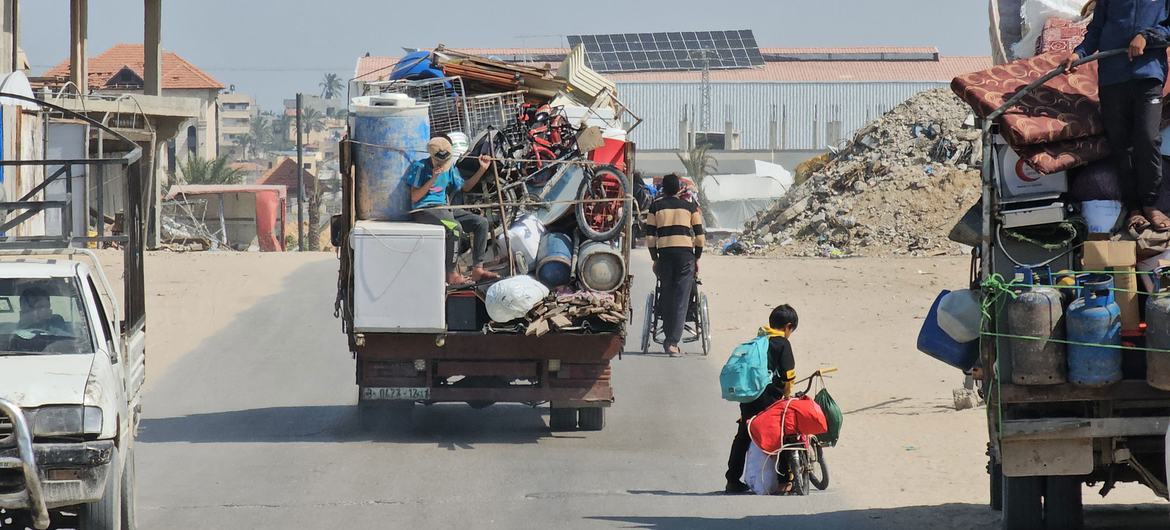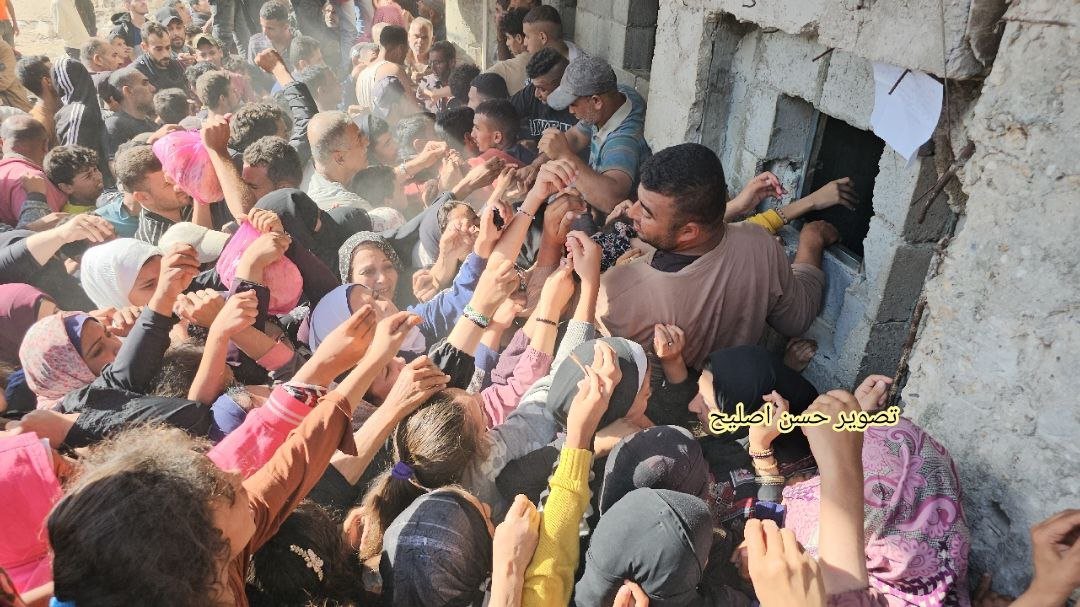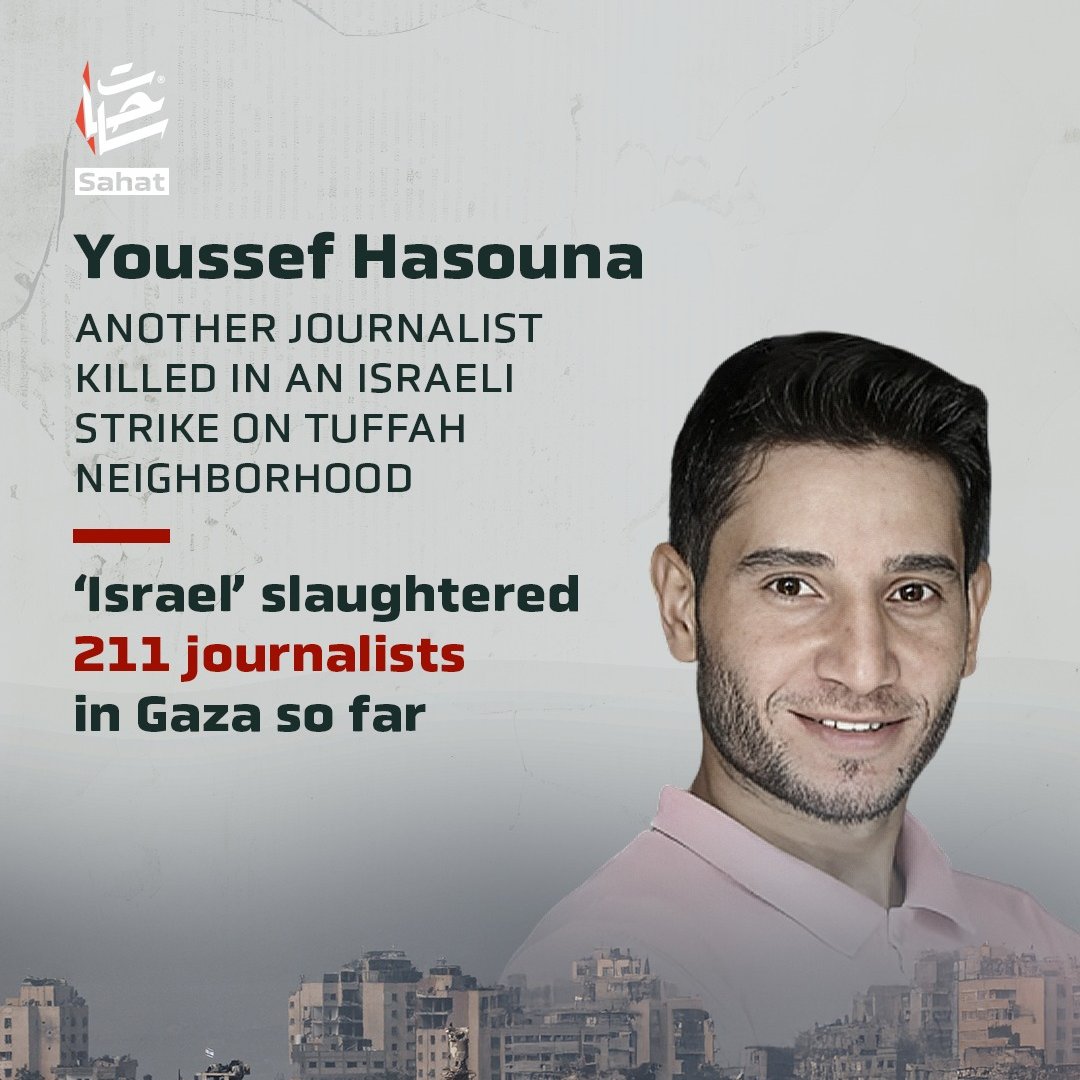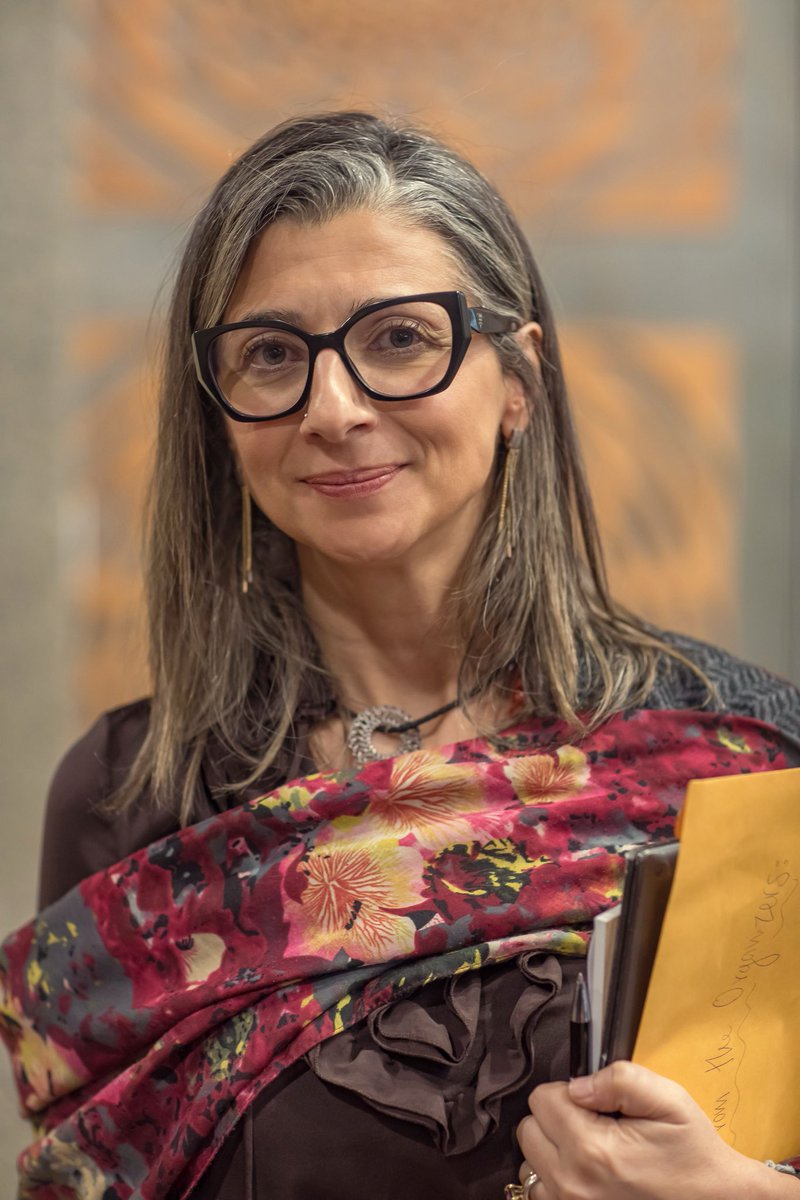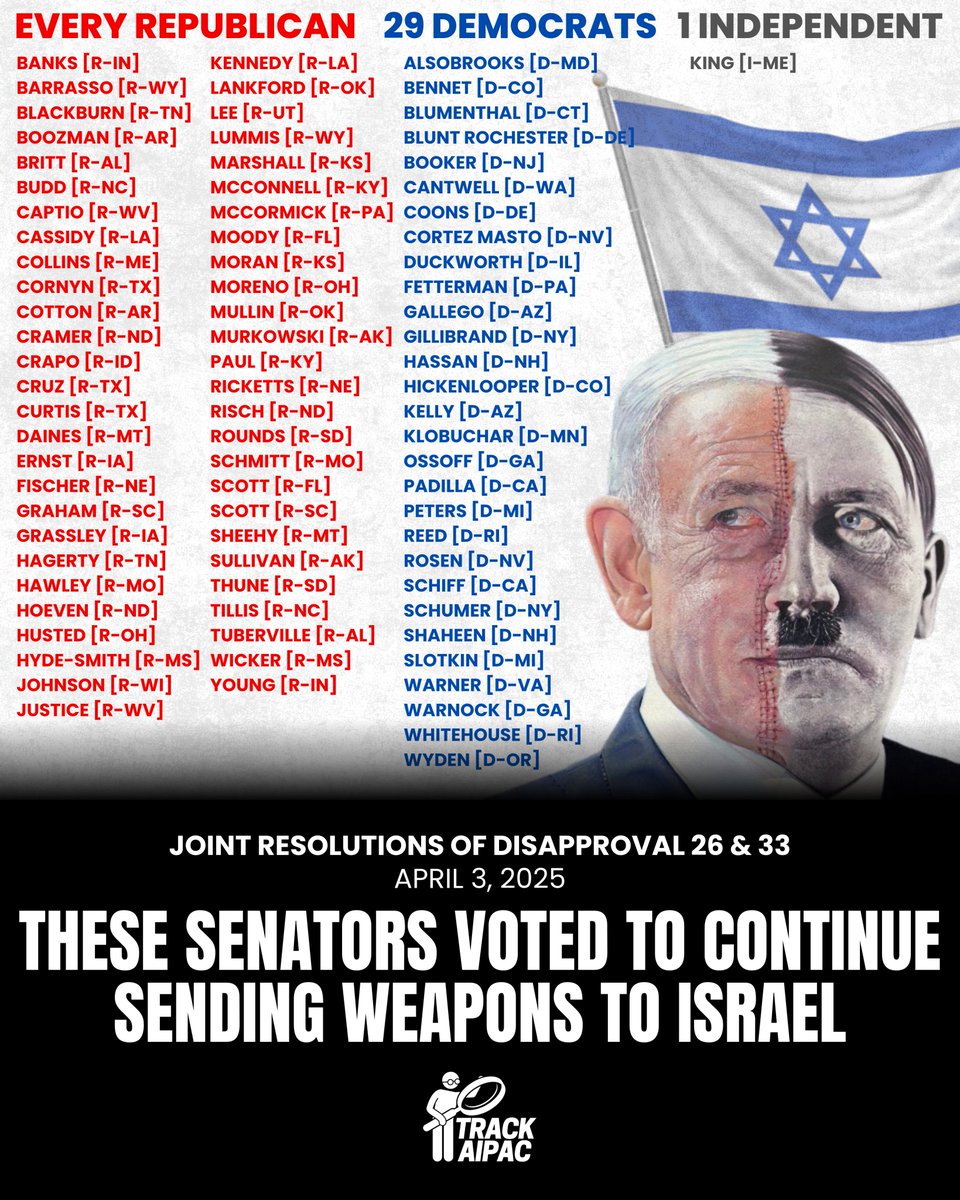‘Its as Bad as Ever in Gaza’ – UN Workers
Lifesaving supplies in Gaza continue to run dangerously low, nearly four weeks into the total aid blockade and deadly bombardment of the enclave by Israel, UN humanitarians said on Friday.
According to local health authorities in Gaza, 830 people were killed between 18-23 March, including 174 women and 322 children. A further 1,787 were injured.
“The acts of war that we see bear the hallmarks of atrocity crimes,” said Jens Laerke, spokesperson for the UN aid coordination office, OCHA. “Hundreds of children and other civilians have been killed in health and Israeli airstrikes. Intensely populated areas hospitals are once again battlegrounds; patients killed in their beds, ambulances shot at, and first responders killed.”
It has been 10 days since Gazans woke up to renewed Israel bombing, abruptly ending the two-month ceasefire.
“It has been 10 days of witnessing – because the UN remains on the ground in Gaza – a callous disregard for human life and dignity,” Mr. Laerke maintained.
No to evacuations
Maryse Guimond, UN Women Representative for the Occupied Palestinian Territory, relayed testimonies of Palestinians in Gaza who say they will not heed new evacuation orders issued by the Israeli military, on the grounds that “there are no safe places anyway”.
Speaking from Amman, she added: “It is a situation of pure survival and survival of their families because, as they say, there is simply nowhere to go…”
“As a woman recently said to us from Deir al Balah, ‘My mother says death is the same whether in Gaza City, or in Deir al Balah; we just want to return to Gaza.’”
Echoing those concerns, Dr. Margaret Harris, spokesperson for the UN World Health Organization (WHO) said that the situation “is as bad as it ever was”. A new ceasefire is needed immediately for the sake of all Gazans, she insisted.
“We knew it was bad before the ceasefire, when we were constantly begging to be allowed to do our job just to help the ordinary people. No, they can’t keep going.”
Healthcare in the enclave is also suffering from the aid blockade, with supplies dwindling dangerously low since the cut-off began on 2 March.
“The key supplies now for safe labour and delivery…will be running out soon,” said Dr Rik Peeperkorn, WHO representative in the OPT.
A dozen ambulances have also been put out of action through lack of fuel, the veteran humanitarian medic said, speaking from Jerusalem.
Collective punishment warning
Sparked by Hamas-led terror attacks in Israel, the war in Gaza has devastated the enclave and prompted widespread international condemnation over its impact on civilians, who should be spared from violence in times of war.
“Nothing can justify the collective punishment of the Palestinian people,” OCHA’s Mr. Laerke insisted.
“International law is clear, it prohibits indiscriminate attacks, obstruction of life saving aid, destruction of infrastructure indispensable for civilian survival and hostage-taking.
“The International Court of Justice’s provisional measures on the application of the Genocide Convention remain in place; yet the alerts that we issue in report after report reveal an utter lack of respect for the most basic principles of humanity.”

